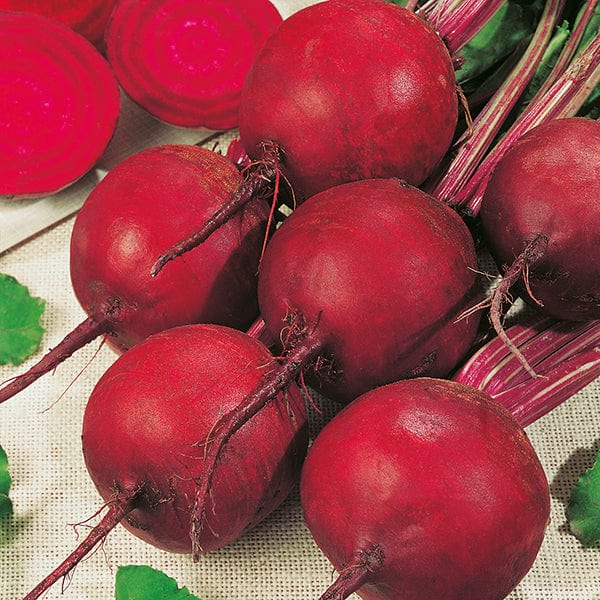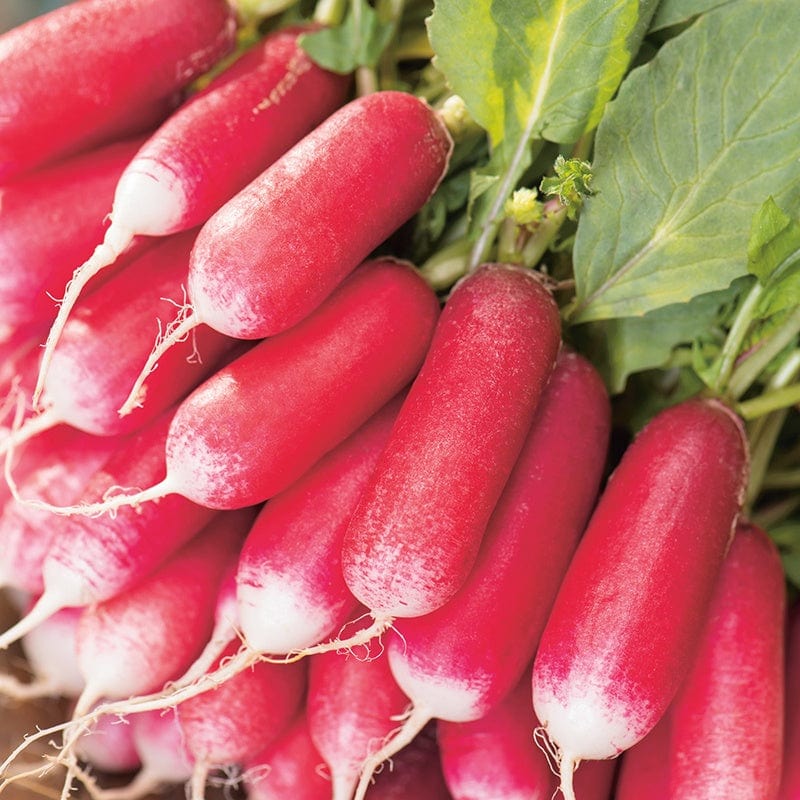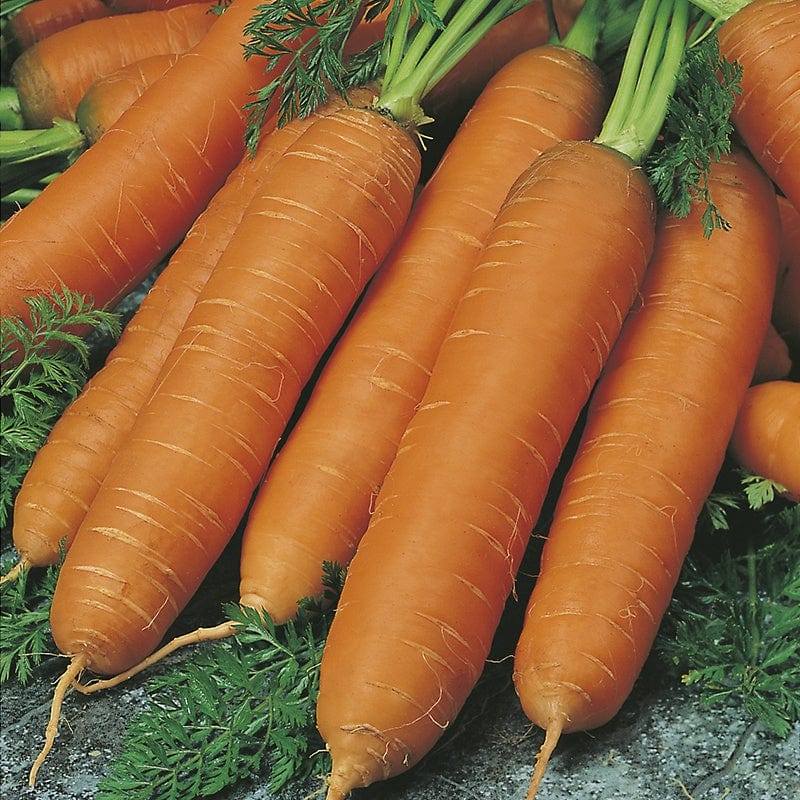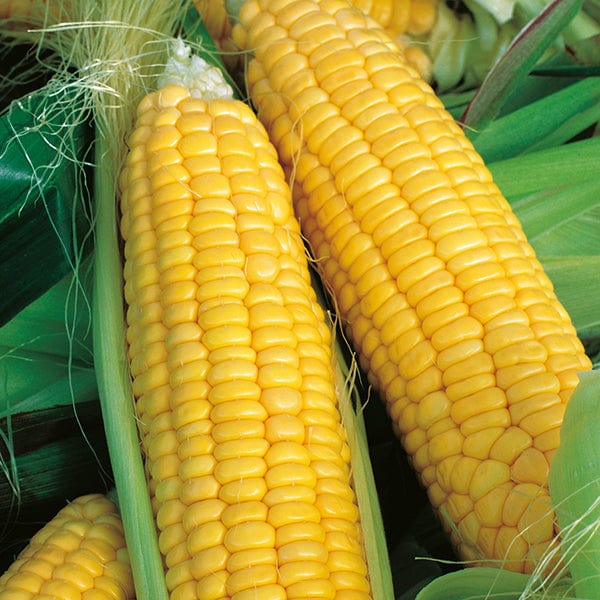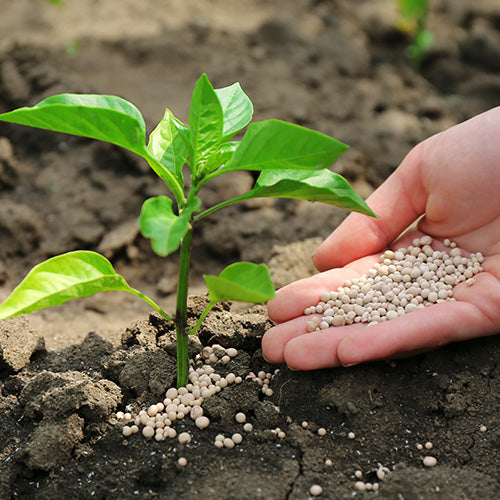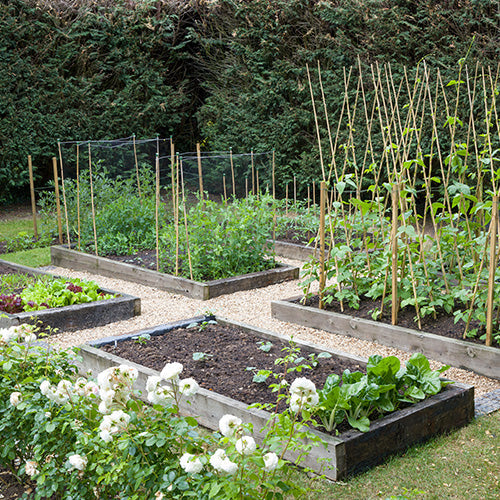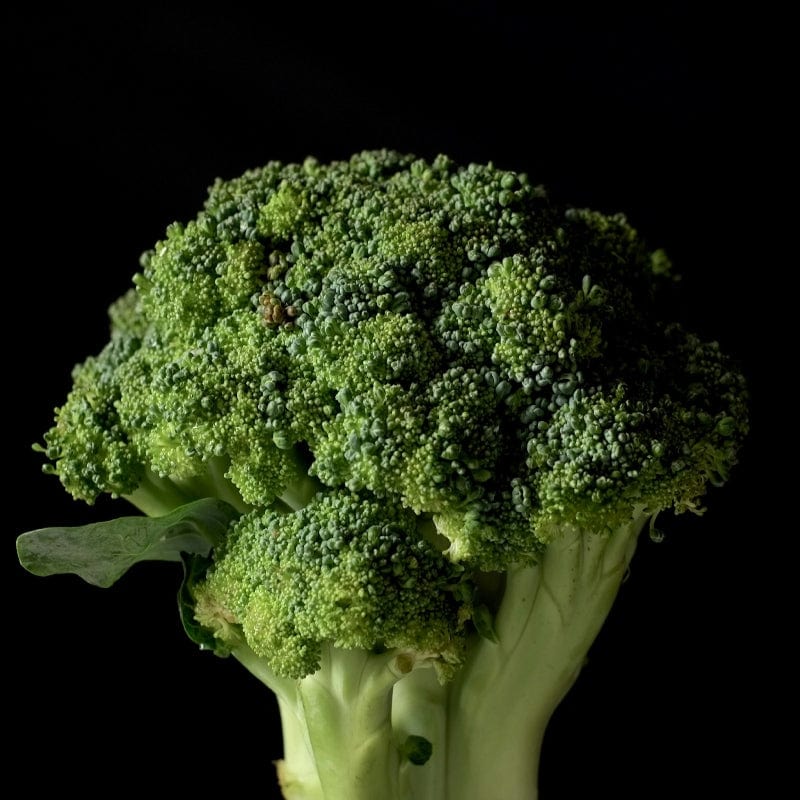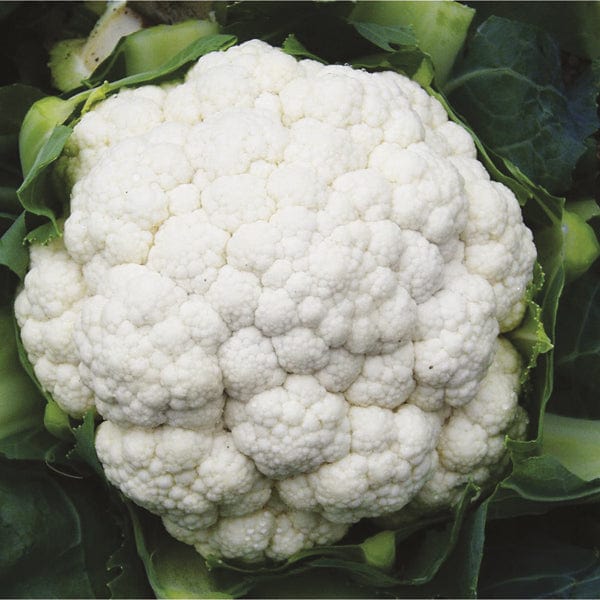To bolster your plants’ growth and help them flourish, adding fertiliser is a great way to provide them with essential nutrients that they need. Sulphate of potash, more commonly known as potassium, is a very effective fertiliser which provides plants with potassium and sulphate for healthy growing. To learn more about what sulphate of potash is and how to use it, you can find out all you need to know about this helpful fertiliser below.
What Is Sulphate of Potash?
Sulphate of potash, or potassium sulphate, is a widely used inorganic fertiliser. Inorganic fertilisers are artificially produced, while organic fertilisers are made from animal or plant products. It provides essential potassium and sulphur to plants, which are crucial nutrients for their growth and development.
Potassium K (Potash) has an NPK ratio of 0:0:49 and is essential for flower and fruit production. Containing the essential nutrient potassium, sulphate of potash provides plants with greater resistance to weather and disease, increases fruit yields and promotes the development and colour of flowers.
Why Use Sulphate of Potash?
Plants low in potassium are stunted in growth and provide lower yields, so giving plants this essential nutrient will help them prosper. Additionally, good potassium levels help plants resist diseases, pests, extreme cold, and droughts, making them hardy and more likely to grow successfully.
However, excessive potassium levels can lead to magnesium and calcium deficiencies, so sulphate of potash shouldn’t be used for plants growing in already healthy soil. For healthy plant growth, it’s about getting a good balance, as minerals and trace elements are important requirements for good plant health.
With each harvest, the soil is depleted of these vital ingredients and needs replacing. This is where fertilisers such as sulphate of potash become highly useful in continually keeping your soil rife with the nutrients your plant needs.
How to Use Sulphate of Potash in the Garden
There are various ways that you can apply sulphate of potash to your growing space. It can be raked into the soil or used as a top dressing, liquid feed or foliar feed.
Sulphate of potash can be used both prior to planting or sowing vegetables or as a top dressing for established plants, sprinkled evenly between the rows once or twice during the growing season. A top dressing can also be applied in early spring to fruit trees and bushes.
If you are not using sulphate of potash as a foliar feed, you should take care to avoid the fertilisers lodging on leaves and stems. This is because the nutrients will not only fail to be absorbed by your plants but could also cause leaf burn or otherwise damage the leaves or stems.
When to Apply Sulphate of Potash
Most fertilisers, including sulphate of potash, need to be used when your plants are in active growth, as this is the only period in which they are able to absorb the nutrients. It’s important that the soil is moist when you apply it so that it can be taken in by the roots, or absorbed by the leaves if used as a foliar feed. Though, this isn’t a necessity if the fertiliser is in liquid form. We recommend that you use sulphate of potash twice during the growing period.
What Plants Like Sulphate of Potash?
The plants that like sulphate of potash are seed potatoes, fruit plants and vegetable plants, as they all need high levels of potassium to crop well. In particular, sulphate of potash is beneficial for cane fruits and soft fruits, such as tomato plants and blueberry plants. It is also ideal for flowering plants and shrubs, promoting bigger and more vibrant blooms.
Advice on Sulphate of Potash from D.T. Brown Seeds
By using sulphate of potash, you can easily give your plants the essential nutrients they need to grow to their full potential. Looking for more growing tips? You can find more expert advice on our gardening blog, which has many guides to help you keep your garden at its best.
As well as gardening advice, you can also find many supplies to keep your growing space stocked up in our online shop. With tools and accessories, vegetable garden seeds and plants, flower seeds, fruit seeds, and more, you can find everything you need in one convenient place. If you’d like to ask us about our range, feel free to get in touch with any questions. A member of our team will be more than happy to help.



